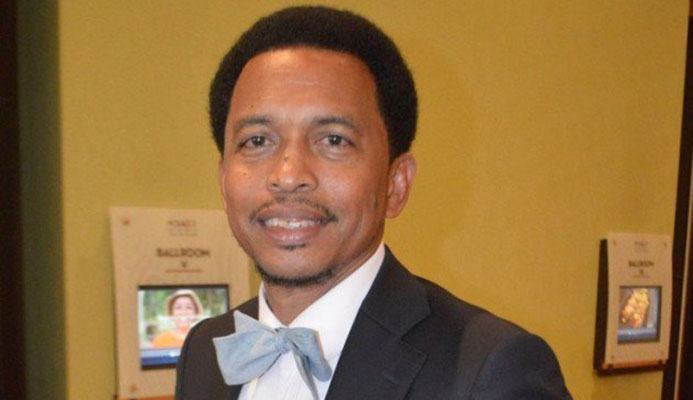The book "Sports Governance" by Russell Hoye and Graham Cuskelly gave in-depth focus on the governance of non-profit sports organisations and the practices employed by the boards/committees to carry out their governance role.
They made the point that books on corporate governance are usually written from a legal, financial accounting or organisational behaviour perspective.
Their book further highlighted the idea that the governance in non-profit sports organisations traditionally governed by a volunteer board may be best examined from the lens of organisational behaviour.
How are the issues of structure, culture, strategy, leadership, change and performance are considered by volunteer boards and their paid staff in governing sports organisations?
The boards of volunteer non-profit sports organisations must deal with a myriad of challenges in carrying out their governance responsibilities. Some of these challenges include the changing regulatory environment, the influence of government sports policy, the impact of globalisation processes and increased competition, the expectation of different stakeholder groups.
Seeking ways to turn challenges into opportunities require the non-profits to re-examine their governance structures and practices in an effort to meet increasing expectations and standards of transparency, accountability and performance from a broad range of stakeholders.
There is the view that national sports organisations (NSOs) aren't moving with a sense of urgency in respect of the need for governance and constitution reform.
What will it take to get national sports organisations to change? Who will take the necessary action? Whose responsibility is it to ensure that change happens? Who will insist that good sports governance is understood? Who will be the catalyst for the change in values that needs to occur if there is to be improved sports governance?
Good governance is important. Given current trends, it is imperative for the T&T sports sector to develop strategies and tactics to not only survive but also thrive. The high quality of sports governance in this country will ensure that the sports sector is resilient despite the many challenges.
Every society faces its own unique issues, including violence, sexual abuse, sexism, economic recession, homophobia, domestic abuse, bullying and corruption. These issues also appear in all areas of sport. Sport is a mirror, a microcosm, or a reflection of society. Societal issues manifest themselves in a sport.
As the governance of sport transforms from a hierarchical structure to a more horizontal incarnation of stakeholder networks, NSOs that aren't seeking to create their future now run the grave risk of irrelevance.
It's either your sporting organisation Transform or Perish.
Editor's Note:
Brian Lewis is the President of the T&T Olympic Committee (TTOC) and the views expressed are not necessarily those of the organisation.

